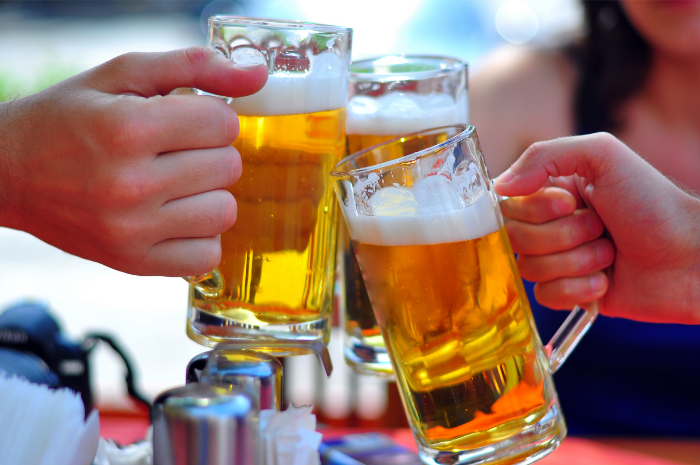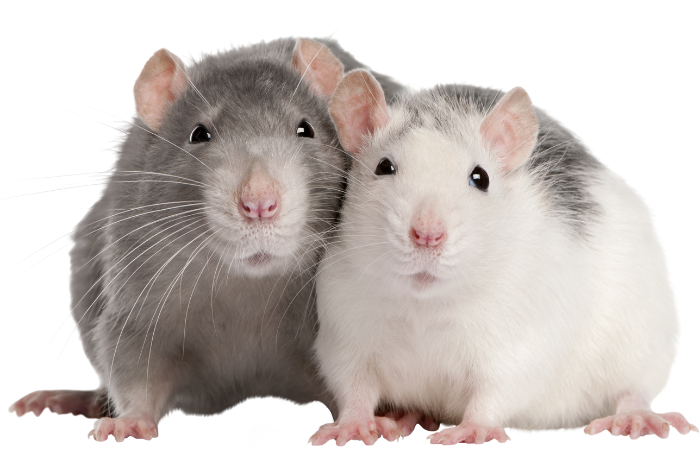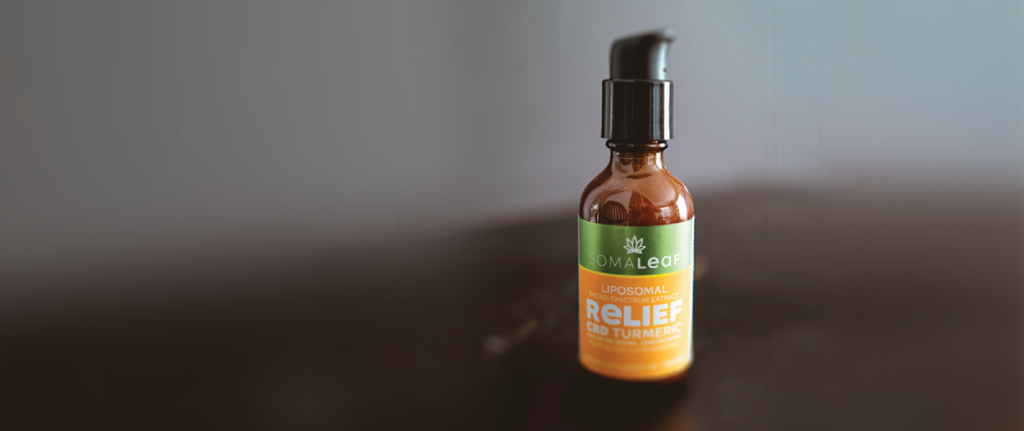Nowadays, CBD is everywhere. You can get lotions, gummies, oils, lip-balms, bath soaks, protein bars, and more.
This allows plenty of opportunities to take CBD if you’re interested. But when happy hour rolls around, should you be worried about the CBD you regularly take before bed?
Though research is still currently limited, in today’s blog, we’ll go over what is known about CBD and alcohol and whether or not you should be concerned about taking them together.
CBD
Unlike its cousin tetrahydrocannabinol (THC), cannabidiol (CBD) is non-psychoactive. This means it doesn’t cause you to feel “high”.
CBD’s effects are more subtle, having benefits that don’t alter the mind, but can certainly change how you feel.
Research has demonstrated that CBD may be able to help with pain management, anxiety, sleep, and skin health. [1, 2, 3, 4]
CBD and alcohol
As we mentioned earlier, research into CBD and alcohol is limited, but it appears as though the two may be able to amplify the effects of each other.

Alcohol can reduce inhibitions and promote feelings of relaxation. Research has shown that CBD can have a similar effect, reducing anxiety and relaxing the nerves. [5, 6, 2, 7]
For example, one study found that just one month of daily CBD intake reduced anxiety and improved sleep quality in participants. [4]
Taking both CBD and alcohol at the same time could increase the effects of sleepiness and sedation as they work in tandem.
One small study found that taking CBD and alcohol together could result in mood and behavior changes. Researchers gave participants 200 mg of CBD alongside 1 gram of alcohol for every 2.2 pounds (1 kg) of body weight.
Researchers saw that the combination caused significant impairments in motor performance and alterations in the perception of time. The same was not seen for those taking just CBD. However, this was a small study from 1979 and it used a much higher level of CBD than what’s commonly taken. [5]
Unfortunately, there just isn’t much research into the effects of mixing CBD and alcohol. However, there is one more thing to consider…
CBD may counteract alcohol’s side effects
If you’re drinking regularly, the truth is that this comes with some negative side effects. But taking CBD may be able to protect against these.
Let’s take a look at some ways CBD can combat the negative effects of alcohol.
May prevent cell damage and disease
Excessive alcohol consumption can cause damage to cells. This increases the risk of chronic inflammation and subsequently several types of disease. [6]
As it turns out, some animal studies have found that CBD may be able to protect against cell damage brought on by alcohol consumption.
One study in rats showed that CBD consumption decreased brain-cell damage caused by excessive alcohol consumption by up to 49%. [7]
Another study in mice found that CBD intake reduced alcohol-induced fatty liver disease by promoting cell and tissue regeneration. [8]
Though these results are interesting and promising, studies in humans need to be carried out in order to draw further conclusions.
May reduce blood alcohol levels
The more alcohol in your blood, the higher your blood alcohol concentration (BAC). A higher BAC typically means a greater loss of motor control and cognitive function. [9]
One study found that CBD intake with alcohol led to much lower BAC levels than those drinking alcohol and taking a placebo. However, it’s worth noting that this finding is from the same 1979 study as above, where researchers used CBD doses 5-10 times higher than what’s recommended for most people. [5]
On that note, animal studies have found CBD to have no effect on BAC. [10, 11]
While the 1979 finding is interesting, more research needs to be done to determine the meaning and practicality of their result.
May help with alcohol addiction
Some research has shown that CBD may be able to help those struggling with alcohol use.

Animal studies have shown that CBD can help reduce many symptoms of addiction and withdrawal. [12, 13]
A 2018 study in alcohol-addicted rats found that CBD helped reduce alcohol intake, prevented relapse, and decreased motivation to consume alcohol. [10]
Similar research has been done in humans. One study looked at cigarette smokers and CBD. Researchers found that the use of a CBD inhaler reduced cigarette use by 40% after just one week. [14]
Though not alcohol, the study does demonstrate CBD’s influence on addiction.
So, should you take CBD and alcohol together?
The unfortunate truth is that there just isn’t enough research on how CBD and alcohol interact within the body. And the studies that do exist include either unusually high doses of CBD or high amounts of alcohol. This makes it harder to determine if a few casual drinks with a typical CBD dose will have any effect.
On top of that, CBD can affect everyone differently.
If you’re a generally healthy person and want to try CBD and alcohol together, start with low amounts of each to minimize any potential side effects.
But if you have any concerns whatsoever regarding this, be sure to discuss the matter with your doctor beforehand.
SomaLeaf CBD Turmeric
If you do consume alcohol from time to time and would like to mitigate the negative health effects it can bring by using a highly absorbable CBD and turmeric tincture, we’ve got you covered.
When it comes to a high-quality, extremely-absorbable CBD, you’ll be hard pressed to find a better one than SomaLeaf.

References and resources
- https://www.ncbi.nlm.nih.gov/pmc/articles/PMC2503660/
- https://www.ncbi.nlm.nih.gov/pmc/articles/PMC3079847/
- https://pubmed.ncbi.nlm.nih.gov/30142706/
- https://www.ncbi.nlm.nih.gov/pmc/articles/PMC6326553/
- https://pubmed.ncbi.nlm.nih.gov/120541/
- https://pubmed.ncbi.nlm.nih.gov/16923312/
- https://pubmed.ncbi.nlm.nih.gov/24012796/
- https://www.ncbi.nlm.nih.gov/pmc/articles/PMC4112960/
- https://www.ncbi.nlm.nih.gov/pmc/articles/PMC3510176/
- https://www.ncbi.nlm.nih.gov/pmc/articles/PMC6098033/
- https://pubmed.ncbi.nlm.nih.gov/28194850/
- https://pubmed.ncbi.nlm.nih.gov/30698831/
- https://www.ncbi.nlm.nih.gov/pmc/articles/PMC4444130/
- https://pubmed.ncbi.nlm.nih.gov/23685330/





